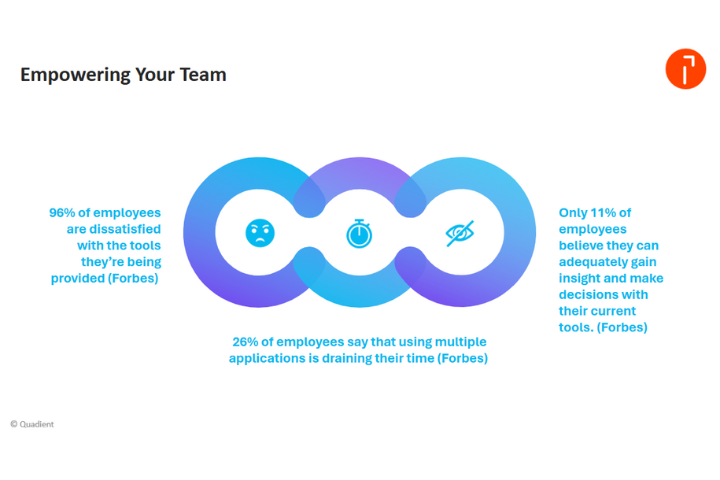
The only thing certain about the economy over the next year is that nothing is certain. The prospect of a looming recession has found its way into both the psyche and strategic planning meetings of businesses of all sizes, across all industries.
With so much uncertainty, businesses are looking to do two things: 1) control the things they can control, and 2) build and improve internal processes to weather whatever storms may come.
One place leaders can do both is accounts payable.
Managing Accounts Payable During a Crisis
A fundamental part of managing accounts payable during an economic downturn is threading the needle on the timing of payments to your suppliers. As the intensity around cashflow increases, paying too early can be nearly as problematic as paying too late. Discovering the right balance requires a complete understanding of cash flow, transparent communication with suppliers, and the ability to improve processes rather than settle into familiar routines with potential blind spots.
Here are a few ways to ensure your accounts payable process fuels your business in times of economic uncertainty.
Know Your Cash Flow
Getting a full view of cash flow starts with focusing on the basics. That means running fresh projections to estimate how much money you expect to flow in and out of your business as economic conditions change. Depending on the size, health, and sustainability of your business, that projection might lead to small changes or cause you to revisit your strategic plan to adjust your approach with a potential recession looming.
The right accounting software helps business leaders stay on top of cash flow by providing timely and accurate information. Research revealed nearly 70% of workers believe their CEO has made important decisions based on inaccurate information. That is a startling number in any economy, but in times of turmoil, a complete and accurate picture of cash flow is essential to plan and forecast.
Communicate Clearly and Proactively
Regardless of the economic conditions, relationships are critical to the continued success of any business. When revenues are at risk and changes are being made, transparent communication with your suppliers is especially important.
The greater your line of sight to accounts payable, the better chance you have of navigating potential rough patches by eliminating surprises internally, and of course, with partners and suppliers. If economic realities cause a change in strategy or priority, you’ll want to be open and transparent communicating those things to all stakeholders.
Get Faster AND More Accurate
Everyone gets nervous during an economic downturn, including your partners and suppliers. The more manual your accounts payable, the slower your approval process and the more susceptible you are to human error along the way.
During a recession, a tedious manual approval process adds more work to employees’ plates at a time when they are already likely to be taking on more responsibilities. The result is more stress on your finance team, and more stress on your partners and suppliers if your manual process causes delays in payment.
Save Where You Can
On top of that, processing invoices manually is expensive. Levvel Research found the cost of manual processing to be $15 per invoice. That number accounts for the cost of labor throughout the process. What it doesn’t account for is the additional costs most companies will incur based on errors, time spent on reconciliation, and in the worst-case scenario – fraud.
When controlling costs is critical, manually processing invoices makes less and less sense, yet 86% of small to medium-sized enterprises still do exactly that.
AP Automation is Recession-Proof
We are all very likely heading toward more difficult economic times. Taking a proactive look at your accounts payable process and seeing where automation can not only ease the uncertainty of the day but set you up for success down the road.






